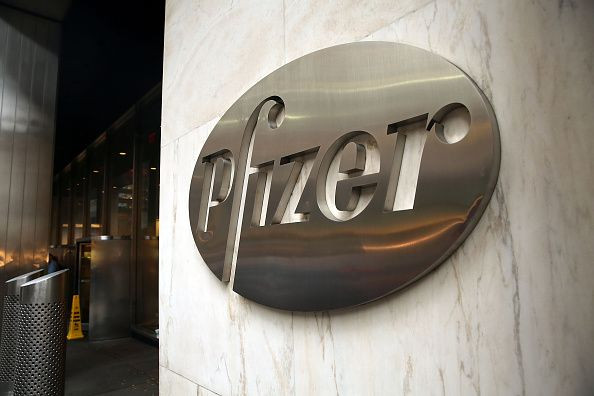Pfizer May Abandon Deal For Allergan, Source Says

Drugmaker Pfizer Inc. is leaning toward abandoning its $160 billion agreement to buy Allergan PLC in light of the U.S. Treasury's new measures to curb such tax evading deals, a source familiar with the situation said on Tuesday.
The discussions between the two companies and their lawyers were set to continue late Tuesday because no final decision has been made, the source said, speaking on condition of anonymity.
However, Pfizer is not willing to change the terms of its deal with Allergan, which, under the new tax rules, would no longer benefit from the move to Ireland, the source said.
Pfizer and Allergan declined to comment.
The U.S. Treasury Department took new steps on Monday to curb tax-driven corporate inversions whereby companies seek to slash their tax bills by redomiciling overseas, though their core operations and management usually remain in the United States even as they claim a new tax home.
Pfizer is concerned U.S. President Barack Obama's administration could change the rules again to thwart a deal.
The source said the company's lawyers have presented alternative ways for the two companies to salvage the inversion, but there was little appetite for it.
"Pfizer is aware that the Treasury will keep ruling against any solution it can come up with," he said.
One of the main hurdles to the deal was Treasury's decision impose a three-year limit on foreign companies bulking up on U.S. assets to avoid ownership limits for a later inversion deal.
This means Allergan's latest deals -- which include the $66 billion merger of Allergan Plc and Actavis Plc, the $25 billion purchase of Forest Laboratories and the $5 billion takeover of Warner Chilcott - will not be counted and the business will fail to meet the ownership math for the deal.
The source said the new rules came as a surprise as Pfizer was confident of delivering on its $160 billion proposed merger with Allergan. He said the management was rather expecting the Treasury to rule against inversions toward the end of last year when the two companies were looking at ways to bypass the existing law.
Pfizer and Allergan have always had an exit strategy in place, the source said. The two drugmakers agreed that either party may terminate the deal if an adverse change in U.S. law would cause the combined company to be treated as a U.S. domestic corporation for federal income tax purposes.
The terminating party would have to pay the other company up to $400 million for its expenses, according to the merger agreement.
Pfizer's Chief Executive Ian Read has tirelessly worked to find a merger partner and redomicile the business in Europe since dropping a takeover bid for British drugmaker AstraZeneca in 2014.
The source said Read firmly believes in the industrial logic of a deal with Allergan and the tax savings that the combined entity would achieve, but he has been put off by the Treasury's latest measures and is unwilling to fight a legal battle with the U.S. authorities.
© Copyright Thomson Reuters 2024. All rights reserved.







